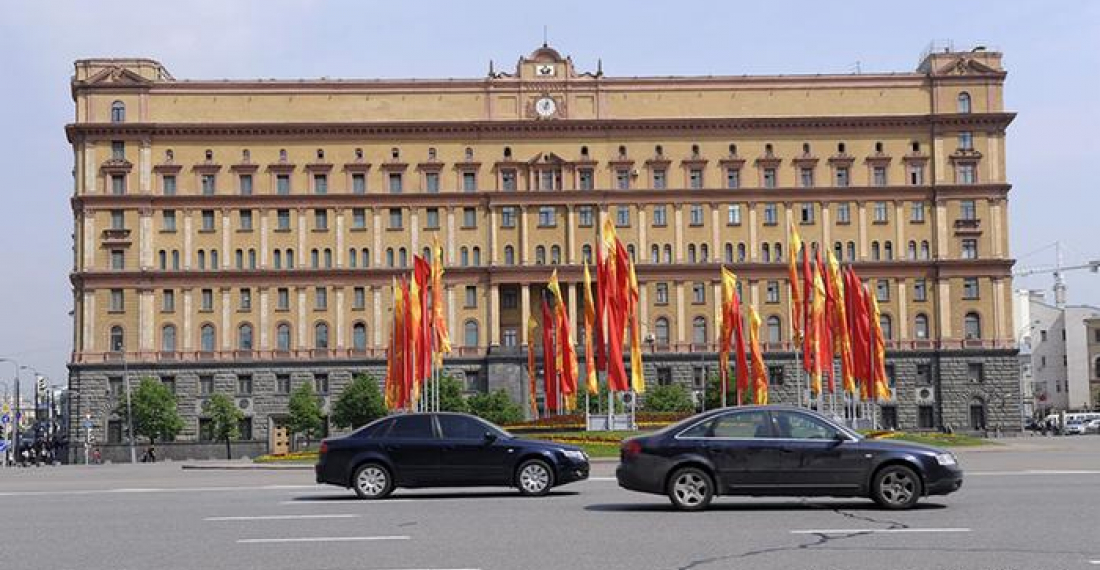The Russian security service, the FSB has detained 19 Islamist extremists in a swoop in four regions in the North Caucasus.
According to the Russian TASS news agency, citing FSB sources, the radicals were planning sabotage and terrorist acts in the North Caucasus.
"The Federal Security Service has suppressed the activities of the interregional extremist community of the international Islamist organization At-Takfir wal-Hijra (ATVH), banned in Russia, whose ideology, takfirism (accusation of disbelief), provides theological justification for violence against infidels, including Muslims, and also the need to create a caliphate. In February, 19 radicals were detained in the Karachay-Cherkess Republic, the Republic of Crimea, the Krasnodar Territory and the Rostov Region, who, in addition to promoting ideology and recruiting new supporters, planned to commit sabotage and terrorist acts in the North Caucasus on behalf of ATVKh ", according to the FSB source.
During searches at places of residence and secret gatherings of those detained, FSB officers seized over 40 copies of extremist materials, and in a forest in Karachay-Cherkessia they found a cache with an RPK machine gun, an AKM machine gun, cartridges and improvised explosive devices with a total weight of more than 3 kg in TNT equivalent. including the so-called suicide belt with striking elements.







